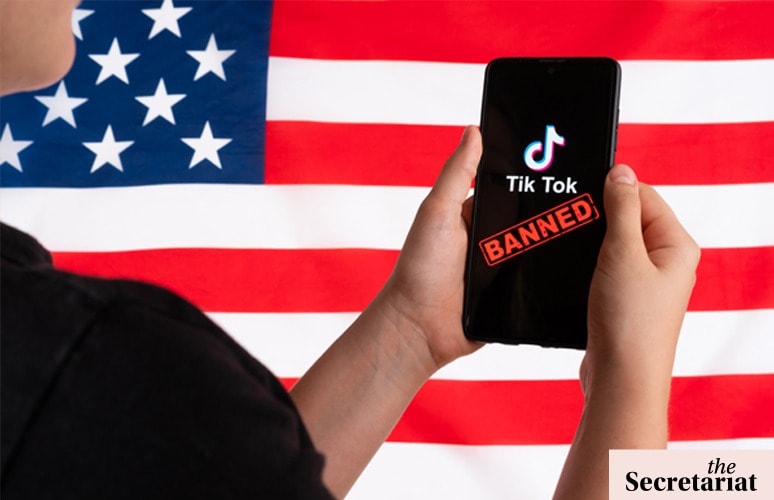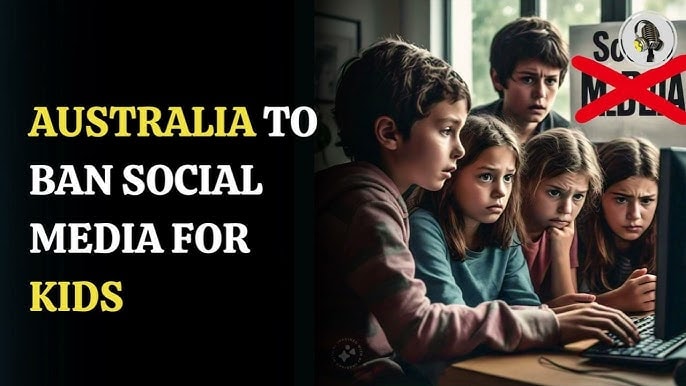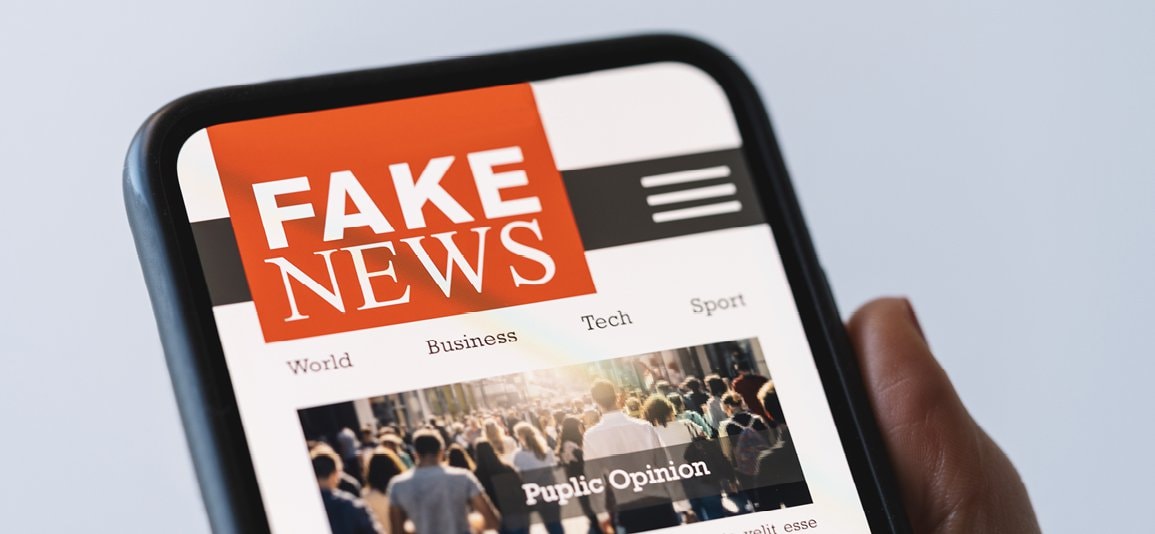Why do countries ban or restrict TikTok, Facebook and many other apps?
Recently, many countries have imposed bans or restrictions on popular social media platforms such as TikTok, Facebook, and many others. So why are these bans happening?
The year 2025 marks a difficult period for social media platforms such as X, Facebook and TikTok, with many countries around the world imposing bans or restrictions on these platforms due to national security concerns.

Besides, data security issues and the spread of malicious information are also the main reasons leading to the closure of these social networks in many countries around the world.
1. America
In April 2024, US President Joe Biden signed into law the Protecting Americans from Apps Controlled by Foreign Adversaries Act, requiring TikTok to sever ties with its Chinese-based parent company ByteDance by January 19, 2025, or face a complete ban from operating in the US.
TikTok challenged the request, arguing that divestment was technologically, commercially, and legally infeasible, and filed a lawsuit with the US Supreme Court to block the ban. However, on January 17, 2025, the Supreme Court dismissed TikTok's lawsuit, upholding the law.

In response, TikTok announced plans to shut down operations in the US on January 19, 2025, and provided users with the option to download their personal data before the app officially shuts down.
However, shortly after his inauguration on January 20, President Donald Trump signed an executive order extending the deadline to decide TikTok's fate by 75 days. The order is said to give ByteDance more time to sell TikTok's US operations.
2. India
In 2020, the Indian government officially banned TikTok along with more than 50 other apps of Chinese origin, including WeChat, UC Browser, and CamScanner.
The decision comes amid rising tensions between the two countries, especially after the border clash in the Galwan Valley between Indian and Chinese troops in June 2020.
The Indian government cited concerns about privacy, cybersecurity and the risk that these apps collect user data and send it to servers in China, affecting the country's sovereignty and territorial integrity.
India's Ministry of Electronics and Information Technology said the banned apps were involved in activities "prejudicial to sovereignty, national security and public order".
The ban was initially seen as temporary while the government conducted an investigation. However, in January 2021, the ban was declared permanent after the affected companies failed to address data security concerns raised by the Indian government.
This decision caused TikTok to lose one of the world's largest markets with more than 200 million users in India at that time.
3. Australia
The Australian government has introduced new laws to restrict children under 16 from accessing social media platforms, including TikTok, Snapchat, Instagram, Facebook and X (formerly Twitter). The ban was announced in 2024 and is expected to come into full effect by the end of 2025.
The decision was made to protect children from potential risks online, including online bullying, harmful content, harassment and mental health problems caused by excessive use of social media.

The Australian Government stressed that these platforms have failed to ensure a safe environment for minors and have not had effective controls in place to prevent inappropriate content.
Under the new rules, social media companies will have to implement strict age verification systems, which could include using facial recognition technology or verifying identity through official documents. Platforms that fail to comply will face hefty fines and the risk of having their operations in Australia restricted.
In addition, the government is also working with education and psychology experts to launch programs to educate parents and schools about the impact of social media on children, as well as provide healthier alternatives to online interactions.
4. Brazil
In August 2024, the Brazilian Supreme Court officially upheld the ban on social media platform X (formerly Twitter), after months of controversy over legal and content management issues.
The decision came after X failed to comply with the Brazilian government's request to appoint an official legal representative in the country, a requirement for tech companies operating in Brazil.
Aside from the legal issues, the ban also stems from serious concerns about the platform's failure to effectively control the spread of misinformation, hateful content, and speech that incites violence.
Brazilian authorities have repeatedly warned X about the rise of public opinion manipulation campaigns, fake news and content that could cause social unrest, especially in the context of important elections and political upheavals in the country.
Before the ban officially took effect, Brazilian regulators asked X to implement a series of improvements, including stricter content moderation, cooperation with the government in preventing fake news, and appointing a legal representative to be responsible for handling legal complaints.
However, because X failed to meet these requirements within the allowed time, the Supreme Court ruled to uphold the ban, preventing the platform from continuing to operate in Brazil.
The ban is seen as a strong move by the Brazilian government to control social media platforms and protect the information space from potential risks. At the same time, it also raises debates about freedom of speech and the role of the government in regulating online content.
5. Iran
Since 2009, the Iranian government has imposed strict controls on access to social media platforms like X and Facebook.
Social media platforms, especially X and Facebook, played an important role in organizing, coordinating and transmitting information about the protests, helping people in the country and the international community follow the developments of the "Green Movement".
Faced with this situation, the Iranian government quickly ordered access to these two platforms to be blocked, citing the need to protect national security, prevent unrest and limit the influence of Western media on domestic public opinion.
In addition to the goal of controlling information, restricting X and Facebook is also part of Iran's broader strategy to control cyberspace and reduce the spread of opposing ideas.
The country's government has developed a strict internet censorship system, known as the "Iranian Firewall", that blocks access to many foreign websites and social networks deemed a threat to the government.
Despite the ban, many Iranians have found ways to access X and Facebook using virtual private networks (VPNs) and other circumvention tools. In recent years, some Iranian government officials, including Supreme Leader Ali Khamenei and former President Hassan Rouhani, have maintained accounts on these platforms to promote their policies and reach out to international audiences, sparking controversy over the consistency of Iran's censorship policies.
6. China
In 2009, the Chinese government officially banned social media platforms X and Facebook after authorities found that the two platforms played a key role in organizing, coordinating, and disseminating information related to violent protests in the Xinjiang autonomous region.
The Chinese government has accused separatist groups and overseas organizations of using X and Facebook to spread disinformation, incite violence and organize anti-government protests.
In addition to security reasons, the ban is part of a broader strategy of information control by China, which has previously imposed restrictions on many foreign websites and platforms to prevent the influence of Western media.
After banning X and Facebook, China has encouraged the growth of domestic social media platforms such as Weibo (similar to X), WeChat and Renren (similar to Facebook).
These platforms operate under close government supervision, helping to control the flow of information and restrict content deemed sensitive or threatening to social stability.
Despite the ban, some users in China still find ways to access X and Facebook using VPNs or other firewall-busting tools. However, the Chinese government has continued to tighten controls on these tools and has enacted strict laws to deal with individuals and organizations that violate cybersecurity regulations.
What are the reasons why countries ban or restrict social networks like TikTok, Facebook and X?
Below are some of the important reasons behind countries' decisions to ban or restrict the operations of social media platforms.
1. Risk of spreading false information
Social media platforms like X and Facebook can threaten national security and social stability. The spread of false or harmful information not only causes public confusion but also creates tension and conflict within the country. In particular, politically and culturally incorrect content can undermine community unity.

Some reactionary individuals or organizations can even take advantage of these platforms to manipulate public opinion, negatively affecting society.
2. Risks of government data access
Several countries have decided to ban social media due to concerns that government employees using social media may inadvertently share confidential information or internal data, creating opportunities for malicious parties to exploit, increasing the risk of data leaks.
Cybercriminals can use social media to send fake links, tricking government employees into entering their login information, thereby infiltrating important data systems. This not only harms national interests but also poses a potential threat to security and social order.
If classified data falls into the hands of opponents, it can be exploited to manipulate, cause domestic instability and seriously affect national peace.
3. Harm to national security
Many countries are concerned that using social media will lead to leaks of sensitive information. Accordingly, government officials, military personnel or important organizations may accidentally share confidential information on social media.
In particular, hackers or spies can track posts, photos, and geographic locations to collect important data. In addition, cybercriminal groups or rival nations can exploit data from social networks to find security holes.
Social media is a powerful tool but also poses many risks to national security. Therefore, many governments have increased control, closely monitored and issued security policies to limit risks.
4. Increase in cybercrime
Facebook and TikTok have contributed to the rise of cybercrime in the digital age. Unauthorized individuals can easily break into personal accounts, causing serious security risks.
The infrastructure of these platforms is full of vulnerabilities, making them targets for cyberattacks. Furthermore, social media sites may not guarantee data privacy as initially promised, creating conditions for cybercrime to increase and the risk of personal account theft is increasing.
5. Risk factors for children
In 2025, many countries will continue to impose restrictions on TikTok, X, and Facebook. Governments are particularly concerned about young users, who are more likely to be exposed to misinformation or unverified content.
These social media platforms can negatively affect the brain development of children and adolescents, causing long-term impacts on their cognition and behavior.
